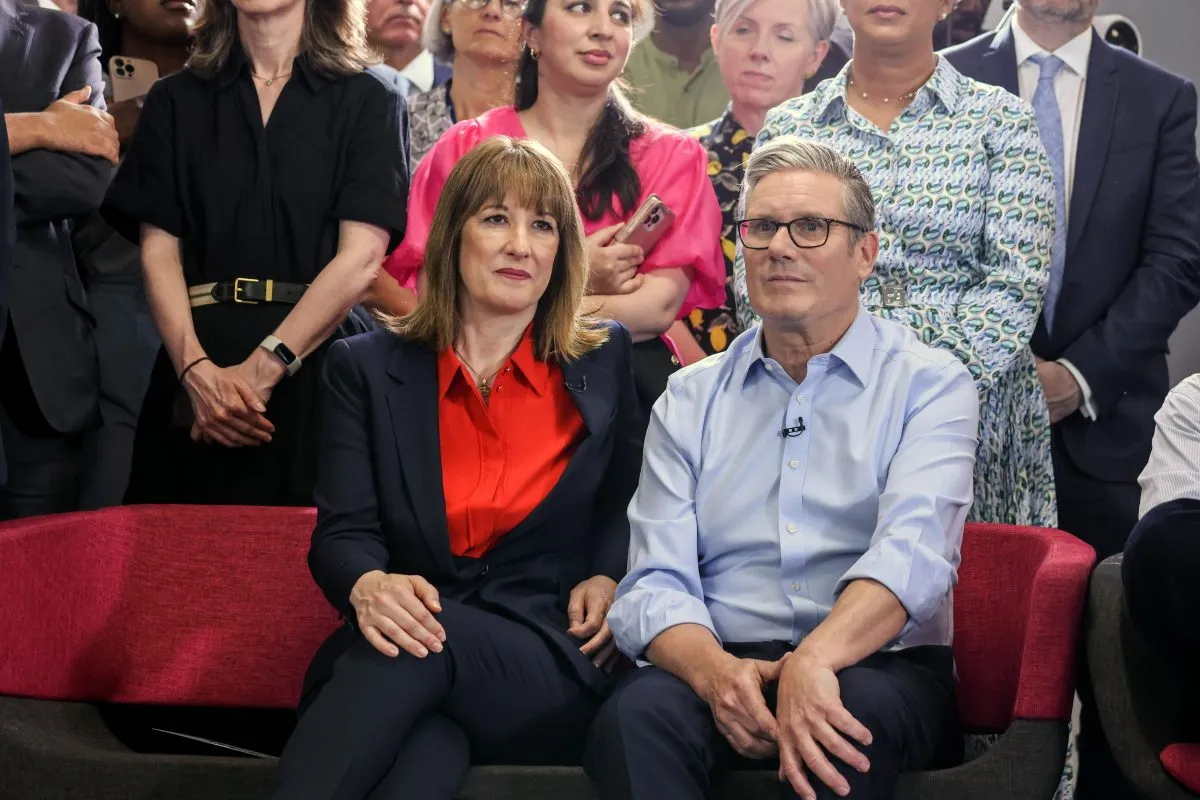Copyright cityam

Britain does not suffer from too much ambition, but from too little encouragement – and that taxing aspiration will only make that worse, says Brandon Lewis It’s difficult to remember a time when a sitting British government decided to trail a new Budget in the press for over 11 weeks. Yet here we are, with just under a month before the Autumn Budget arrives and the Treasury has blown innumerable tidbits of economic policy down the streets of Westminster like leaves floating in the autumn wind. While admittedly a time-honored trick, Labour’s lead time here belies an absence of strategy and a lack of any preparatory groundwork. It reveals a party in perpetual response, leading with rhetoric rather than policy, and making crucial economic decisions on the fly. We have heard about reduced contributions to tax-free cash ISAs, will-they-won’t-they tax raises on a narrow base, and higher levies on homes valued above a certain threshold. Leadership has leaned heavily on familiar tropes about fairness, pledging to increase tax burdens on “those with the biggest shoulders” while floating further tinkering with inheritance and capital gains taxes. But the uncertainty and absence of ideological grounding have antagonised savers, chilled business investment and frozen property market sectors. Labour does not seem to understand that the country does not suffer from too much ambition, but from too little encouragement – and that taxing aspiration will only make that worse. Entrepreneurs and innovators alike are not an endless resource to be tapped and when taxation becomes punitive rather than fair, the results inevitably drive talent and ambition elsewhere. The government’s inability to manage growth without taxation has meant the Labour is likely to do the unthinkable and expand taxes to the broadest base possible, backtracking on a core manifesto pledge. It is an unfortunate and unnecessary position. Economists have warned for over a year that Reeves’ £10bn fiscal headroom was too low, bound to be knocked down when faced with even the slightest headwind. Over the past year, those headwinds have combined into a roaring gale. March’s attempt at £5bn in welfare reform was scrapped after a backbench revolt, April’s Employer National Insurance rises stifled the employment market, while September revealed government borrowing at its highest level in five years. Now, real attention must be given to finding ways to tackle inefficiencies in public spending, particularly in welfare reform, to ensure the system supports the genuinely vulnerable while getting people back into the workforce. Without decisive action, inefficiencies will continue to compound, straining finances and forcing future budgets into higher taxation or deeply distressing cuts. Crucially, that work must focus on youth, where over one in 10 young people are out of education, training, or employment. Starmer himself has noted the country’s moral duty to deliver a better system but has failed to lay out effective policies which equip the young and the unemployed with the skills, experiences, and opportunities necessary for growth. Without a clear reevaluation on spending and inventive ideas on how to stimulate growth, we can expect the remaining weeks before the Autumn Budget to be full of last-minute recalibrations and carefully worded clarifications. This will do little to instill the kind of confidence necessary for growth and Britain deserves more than a government who governs by speculation and via headline. Conservatives and Reform meanwhile must take the opportunity to make the case for policies that truly support growth and investment, finding ways to demonstrate the sort of stability, clarity, and long-term vision that provide the practical foundations for a prosperous and competitive economy. Brandon Lewis is former chairman of the Conservative Party



